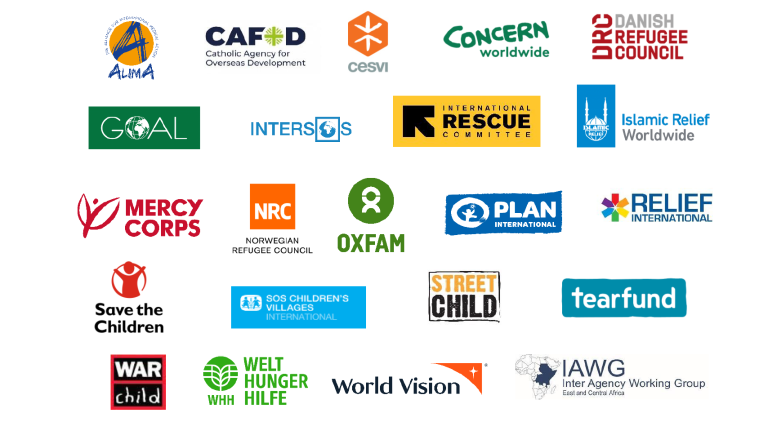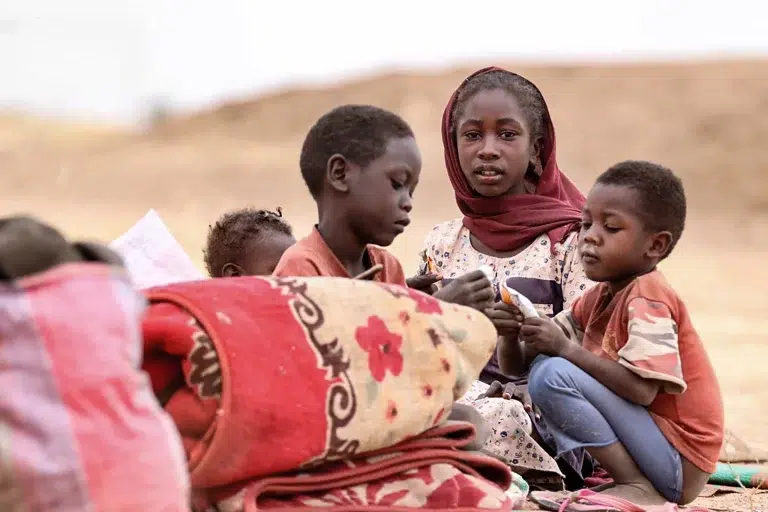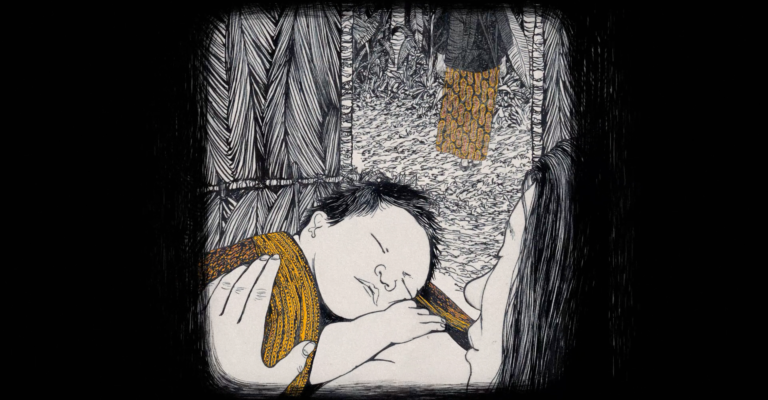Dakar, February 14, 2024 – The humanitarian situation in Haiti is alarming. The World Health Organization (WHO) recently described it as the worst crisis in the Americas in 20241. ALIMA (The Alliance for International Medical Action) is one of the few international medical humanitarian NGOs to operate in Haiti, and can attest to the extreme severity of this crisis.
“In Port-au-Prince, the majority of health facilities are dysfunctional. Two days after ALIMA visited the last private hospital in Cité Soleil district, the hospital was attacked and looted by a gang, forcing an emergency evacuation of patients. In the only public hospital left in the district, everything is lacking—drinking water, electricity, equipment, medicines, and staff,” said Dr. Rodrigue Alitanou, emergency manager at ALIMA .
ALIMA’s arrival has been eagerly awaited by the country’s health authorities. As an expert in emergency response, ALIMA will play a critical role in addressing the cholera outbreak. According to reports, Haiti is grappling with a cholera epidemic that reemerged in October 2022. There were more than 70,000 suspected cases and more than 1,000 deaths reported at the end of last year. To tackle this health challenge, ALIMA will provide care for patients and raise awareness by running education and communication campaigns at the institutional and community levels.
ALIMA’s mobile clinics are also set to become operational, aimed at offering primary care to internally displaced people. Additionally, specialists will offer emergency obstetric and neonatal care in the maternity ward of the Chancerelles hospital in Cité Soleil. For over a year, a majority of women have been giving birth outside health facilities, without medical assistance.
Care will begin in the communes of Cité Soleil, Tabarre and Port-au-Prince, and then include the ones of Carrefour and Croix de Bouquet.
For several years, Haiti’s capital has been ravaged by violence and poverty. The situation deteriorated rapidly and reached an alarming level in 2023, motivating a UN-backed international security mission. While the mission is slow to deploy, the population continues to suffer from gang violence. In 2023, violence claimed the lives of 5,000 people, including more than 2,700 civilians2. More than 310,000 people were forced to flee their homes according to a UN report published in January—double the number of people who fled their homes in 2023 and at least 15 times more than in 2021.
This escalation of violence is drastically hampering the ability of health authorities and organizations to provide an emergency response. According to forecasts, more than 5.5 million people will need humanitarian aid and protection in 2024, i.e., almost half the population3. Because accessing patients will pose a potential challenge, ALIMA will rely on its tested and true model of alliance and partner with a Haitian NGO to provide medical services to the hardest-hit areas. This collaboration will enhance the capacity to provide urgent and emergency care, develop and support education campaigns and epidemiological surveillance, and strengthen overall response to this humanitarian crisis.
This emergency mission in Haiti reflects the core identity of ALIMA: providing care where no one goes and ensuring the effectiveness of its actions in the long term.
Cover picture © OCHA
- Health Emergency Appeal 2024, WHO, January 25, 2024 ↩︎
- Report by UN Secretary-General Antonio Guterres, January 23, 2024 ↩︎
- OCHA, 2023 ↩︎






